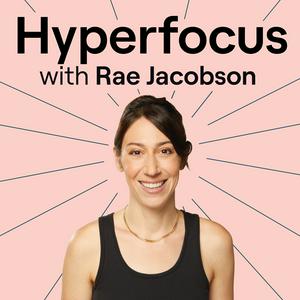Craig Thomas is best known for his work on TV. He co-created the sitcom “How I Met Your Mother” and has written for “American Dad” and more. He’s penned songs for “Sesame Street” and essays for “The New Yorker.” He’s less known for being a dad. For now, at least. He has a daughter, Celia, and a son, Elliot, who was born with Jacobsen syndrome, a genetic condition causing physical and developmental disabilities. When Elliot was born, Craig’s career was taking off with “How I Met Your Mother.” “I was living an hour drama show at home and then driving to work and doing a sitcom,” Craig says. His upcoming novel, “That’s Not How It Happened,” is based in part on his family’s experience.If you heard our series on the resurgence of the R-word, you’ll recognize Craig’s voice. The conversation with him was so good that we’re sharing more!For more on this topicPreorder Craig’s novelCheck out Craig’s podcastHear Craig on our R-word episodes, part 1 and part 2Timestamps(02:20) Craig’s backstory and current work(09:45) How Craig relates to the disability community(13:10) Disability and media depictions (29:04) Comedy, the R-word, and why language matters(39:10) On parenting a child with disabilitiesFor a transcript and more resources, visit the Hyperfocus page on Understood.org. We love hearing from our listeners! Email us at
[email protected].
Understood is a nonprofit organization dedicated to empowering people with learning and thinking differences, like ADHD and dyslexia. If you want to help us continue this work, donate at understood.org/give Hosted by Simplecast, an AdsWizz company. See pcm.adswizz.com for information about our collection and use of personal data for advertising.


